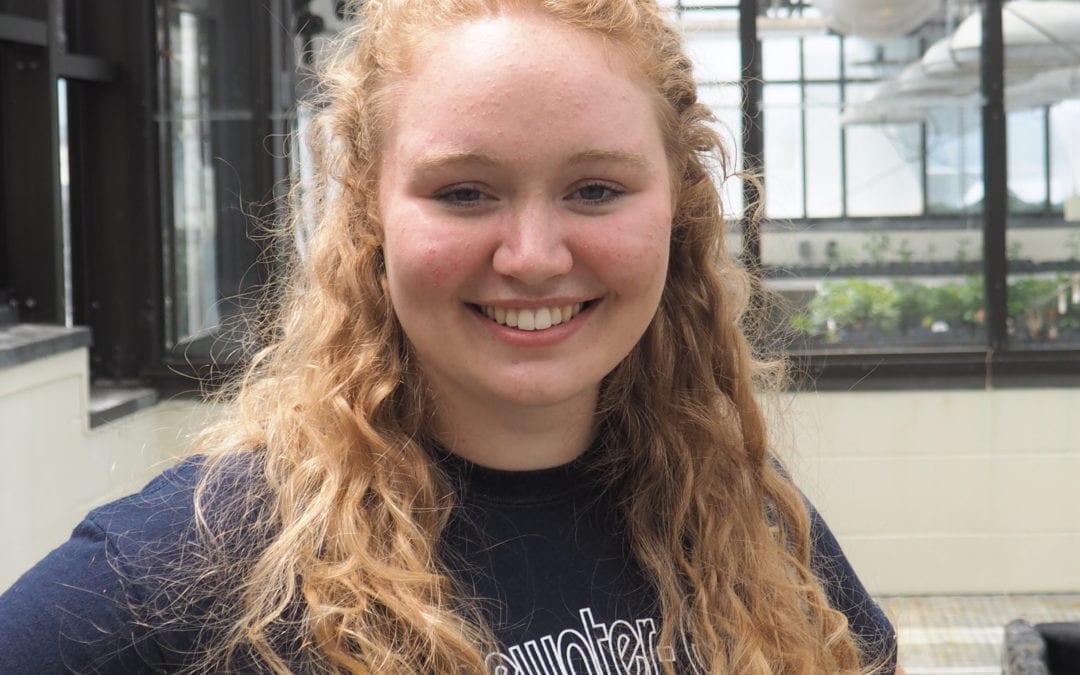
The World at her Fingertips: A Spotlight of Autumn Hurd
2018 PGRP Intern Autumn reflects on her summer experience, covering Bridgewater, Bogdanove Lab, bananas, and Buffalo Street.

2018 PGRP Intern Autumn reflects on her summer experience, covering Bridgewater, Bogdanove Lab, bananas, and Buffalo Street.
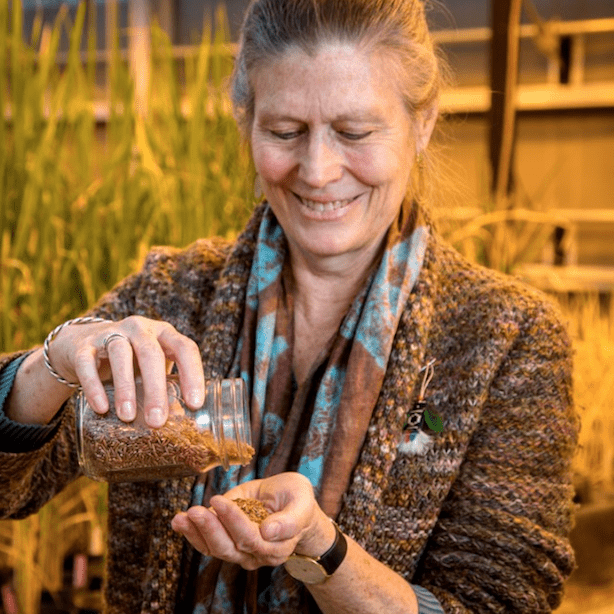
Susan McCouch’s understanding of the complexities of agricultural research has brought a unique perspective to the BTI Board of Directors.
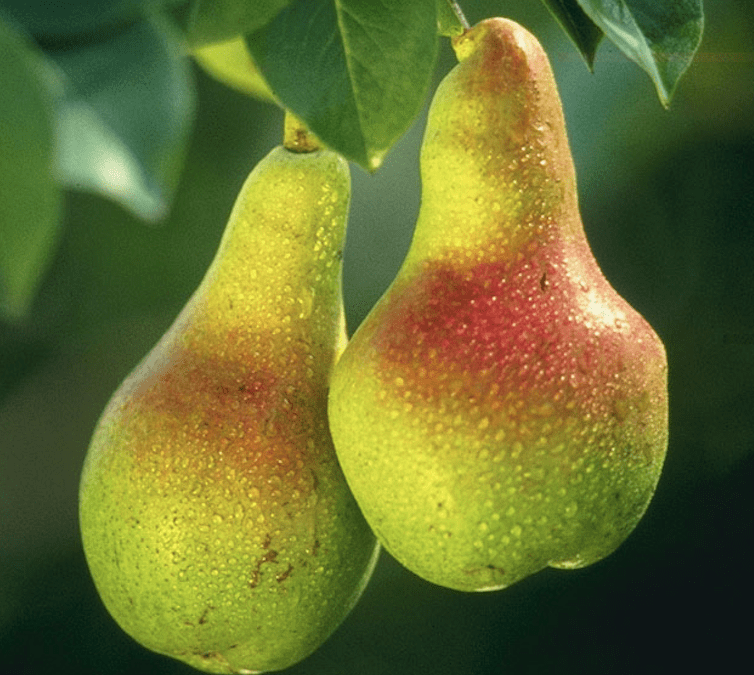
Researchers from the Boyce Thompson Institute (BTI) and partnering institutions in China, the U.S., and New Zealand, report their findings on the domestication of the pear in Genome Biology.
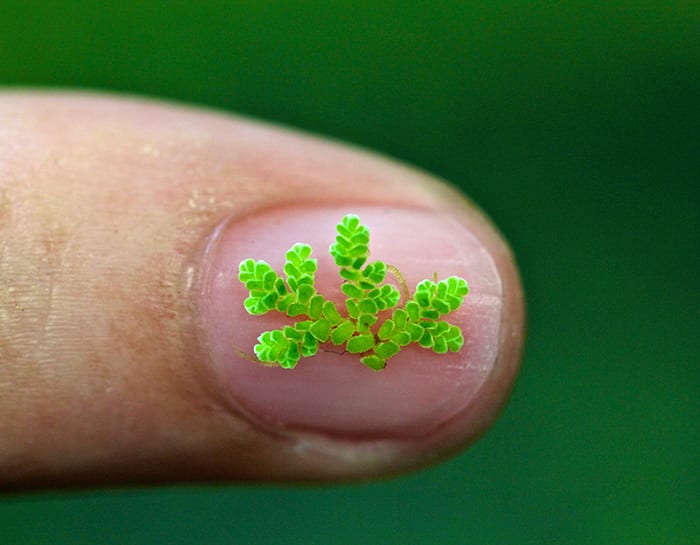
With crowdfunded support, researchers have sequenced the first two fern genomes ever. Their results, including the discovery of an ancient gene transfer and novel symbiosis mechanisms, appear this month in Nature Plants.

Mary George Opperman, President and Chief Human Resources Officer for Cornell University, has officially joined the Boyce Thompson Institute’s (BTI’s) Board of Directors.
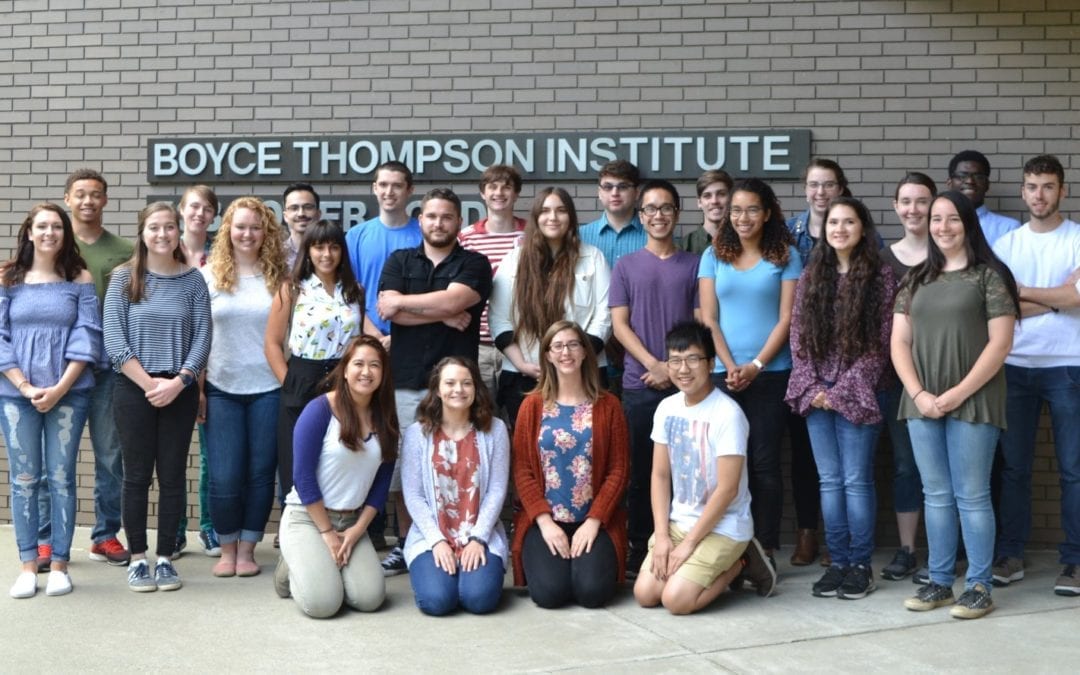
Boyce Thompson Institute’s (BTI’s) 2018 Plant Genome Research Program (PGRP) interns have arrived in Ithaca for their summer of biology and bioinformatics research! This June, more than thirty of the country’s brightest students arrived at BTI from all over the United States to experience the life of a researcher.
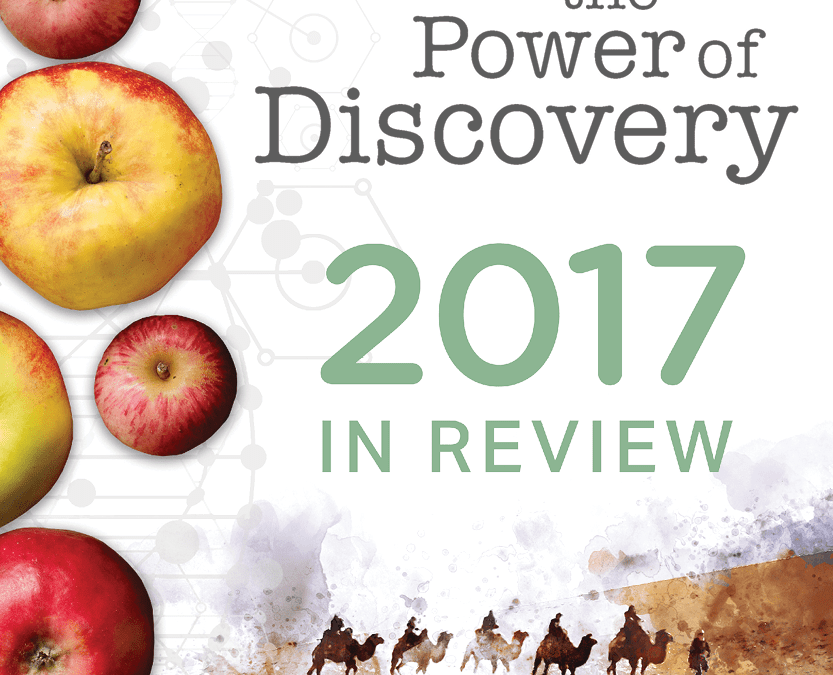
2017 has been a tremendous year at the Boyce Thompson Institute (BTI). This past year’s annual report serves as a reminder of how strong BTI core purposes have remained, while looking to the future of research and the opportunity it holds.
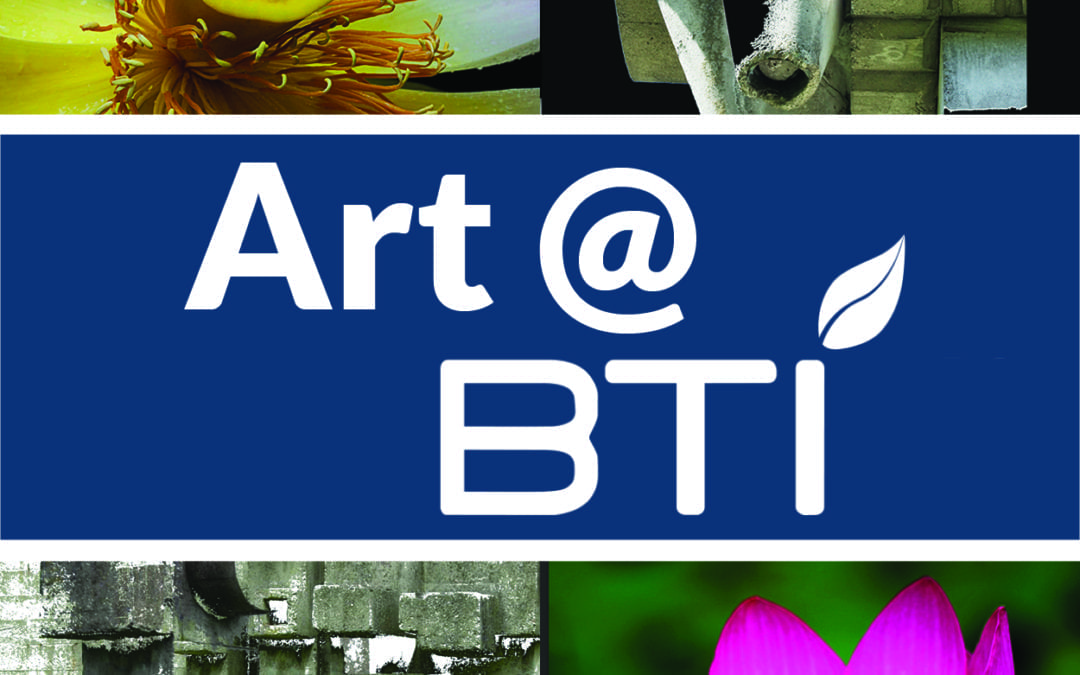
The Boyce Thompson Institute (BTI) invites the Ithaca community to Art@BTI, a free event where art, science, and wine will collide. Art@BTI will take place on Thursday, May 31st from 5:00 to 7:00pm.
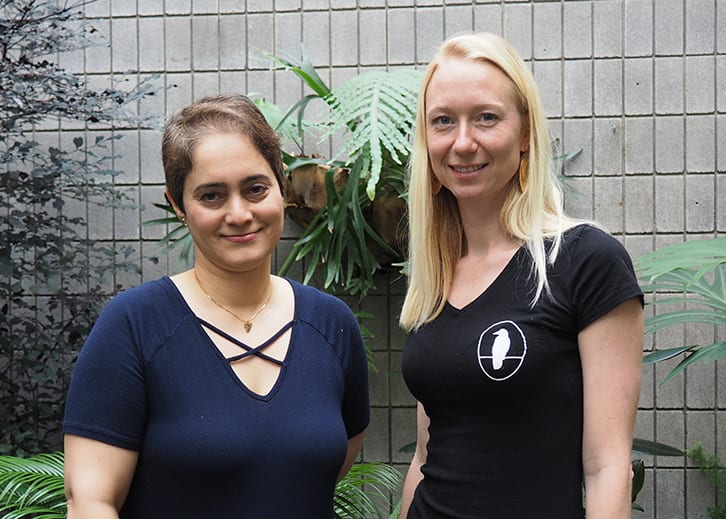
Two researchers from the Boyce Thompson Institute earned 1st place honors at the 2018 Northeast ASPB Section annual meeting. The meeting was hosted by the University of Massachusetts, Amherst, and the theme was Translational Research for Improving Crop Productivity.

The Boyce Thompson Institute (BTI) will host an inaugural symposium for the Institute’s new Computational Biology Center (BCBC) on Tuesday, May 8, from 9 a.m. to 4:30 p.m.

Boyce Thompson Institute (BTI) professor Jim Giovannoni has been appointed as the Director of the USDA-ARS Robert W. Holley Center for Agriculture and Health (RHCAH), effective April 15, 2018.

For more than thirty years, April Burke has worked to ensure the science and not-for-profit sectors have a voice in our nation’s capital. BTI’s Keith Hannon sat down with April to hear about the current political climate and how research institutes like BTI stand to be impacted by changes in funding and potential legislation.

Paul Debbie, Director of Technology Transfer and Licensing at the Boyce Thompson Institute (BTI), has been named BTI’s new Director of Research. Debbie officially began his position in January 2018.
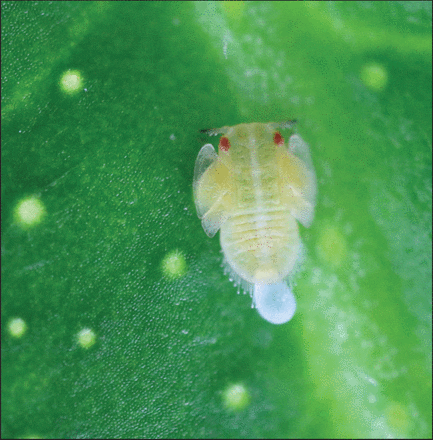
New clues to how the bacteria associated with citrus greening infect the only insect that carries them could lead to a way to block the microbes’ spread from tree to tree, according to a study in Infection and Immunity by scientists at Boyce Thompson Institute (BTI) and the Agricultural Research Service (ARS).
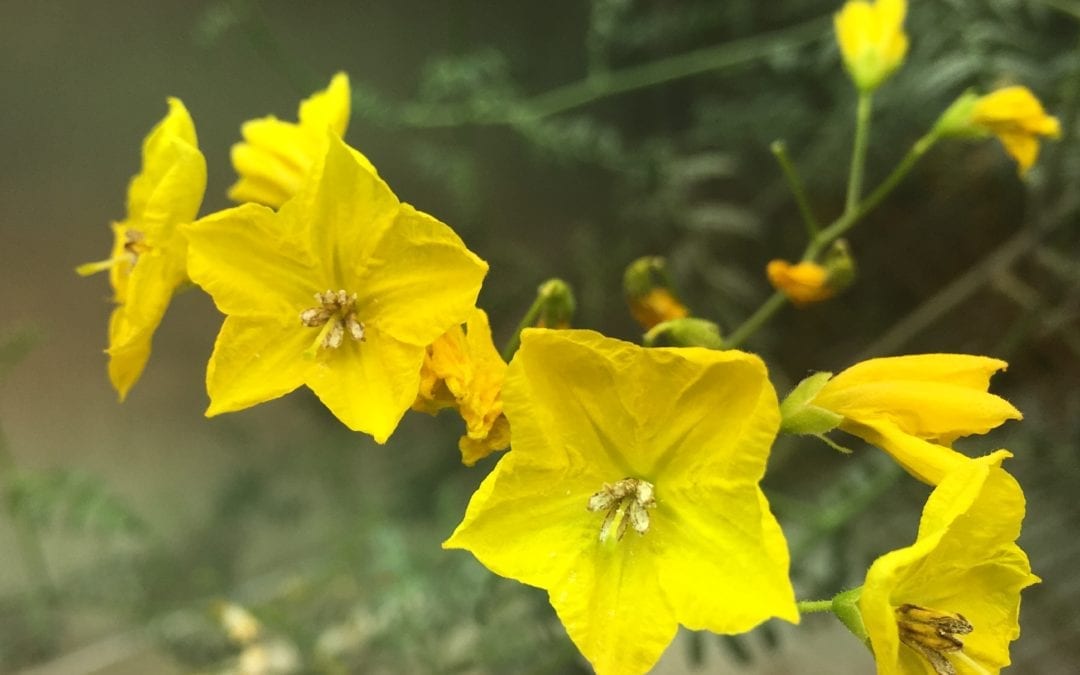
The new S. lycopersicoides genome sequence offers the opportunity for innovative breeding programs that may hold the ability to confer desirable traits to marketable tomato varieties.
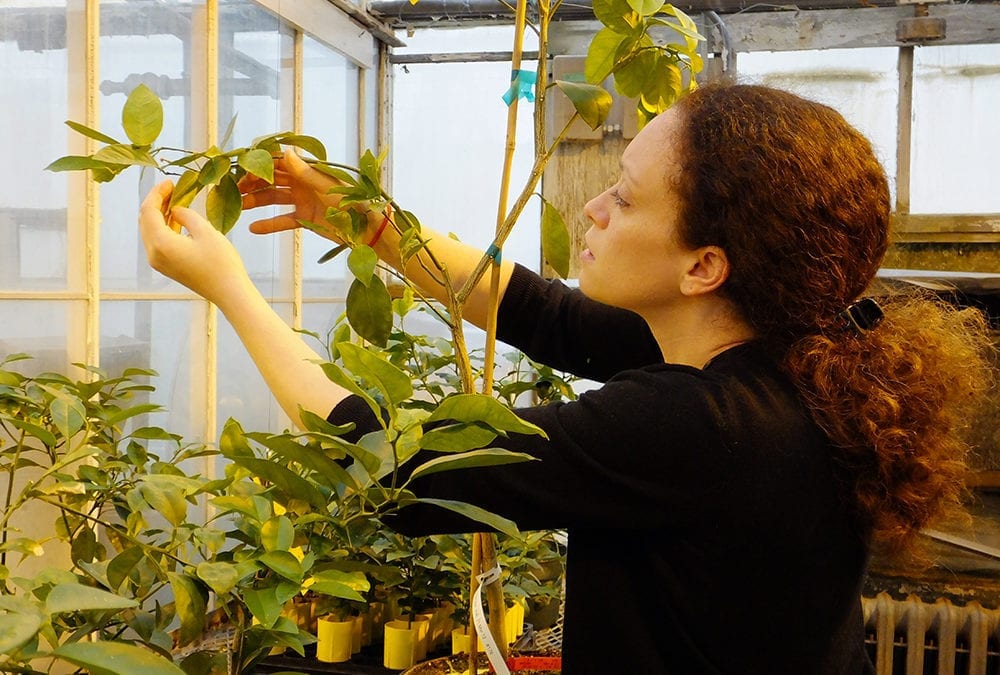
Discoveries lead to new knowledge, which becomes part of our collective understanding of plants and other organisms. That foundational knowledge then forms the basis for fulfillment of the other component of BTI’s mission, which produces societal benefits in agriculture, environment and health.
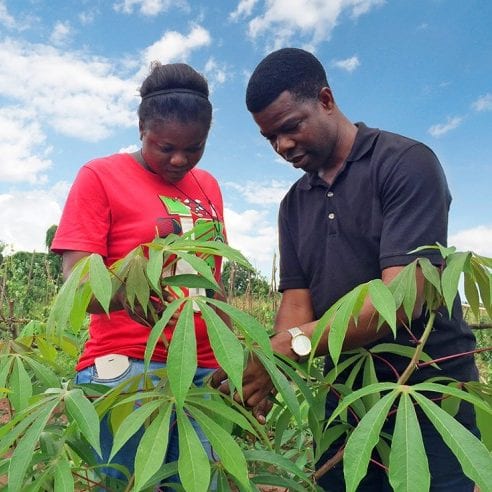
Cornell University and BTI will expand international efforts to deliver improved varieties of cassava to smallholder farmers in sub-Saharan Africa with $35 million in new funding from the Bill & Melinda Gates Foundation and UK aid in the United Kingdom.
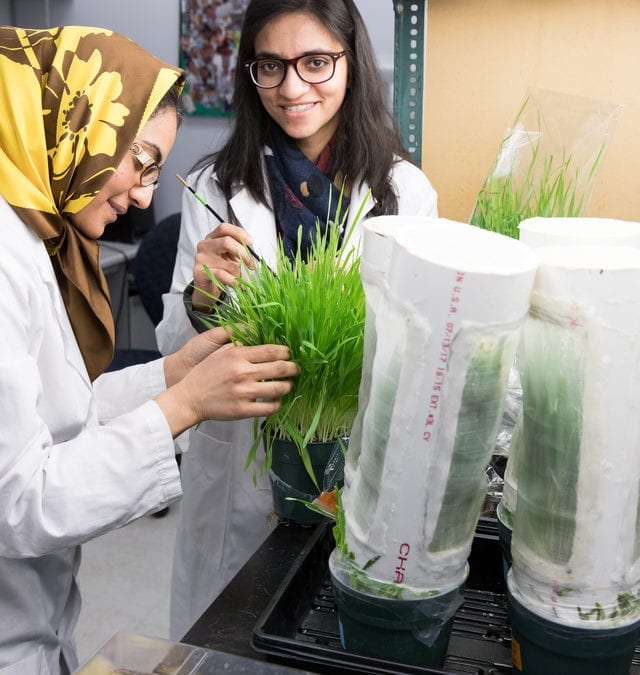
The Boyce Thompson Institute (BTI) is hiring for novel faculty team positions at the Assistant Professor level. Review of applications will begin on April 23, 2018. Please send any inquiries to teamsearch@btiscience.org.
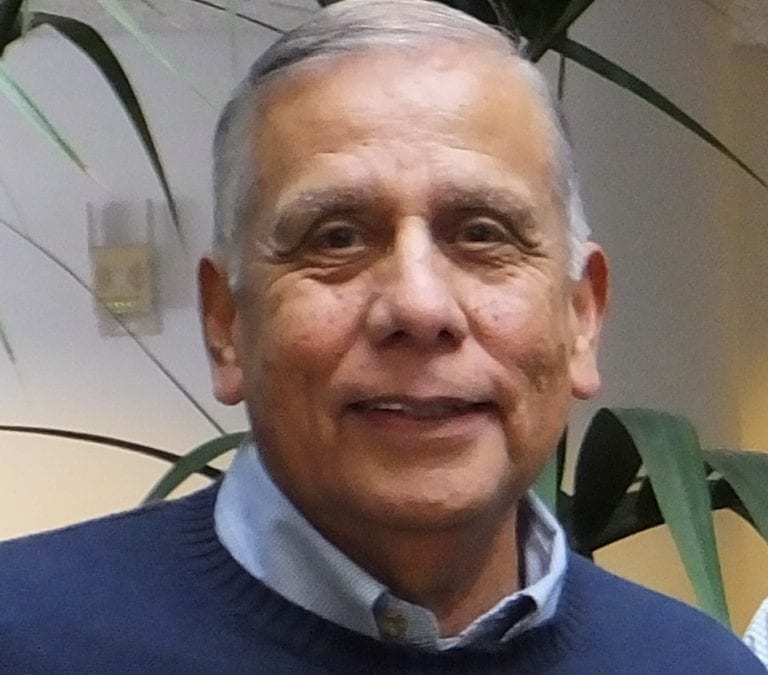
10 years ago, an HPV vaccine called Cervarix™ was released. The High-Five™ insect cell line, developed at BTI by Dr. Robert Granados, is now being used to produce it. Granados discusses the discovery in a recent edition of BTI’s Science Bomb podcast.

Schulze discusses his goal to bring his professional experience and family history to the BTI Board of Directors in the newest edition of BTI’s Science Bomb podcast.
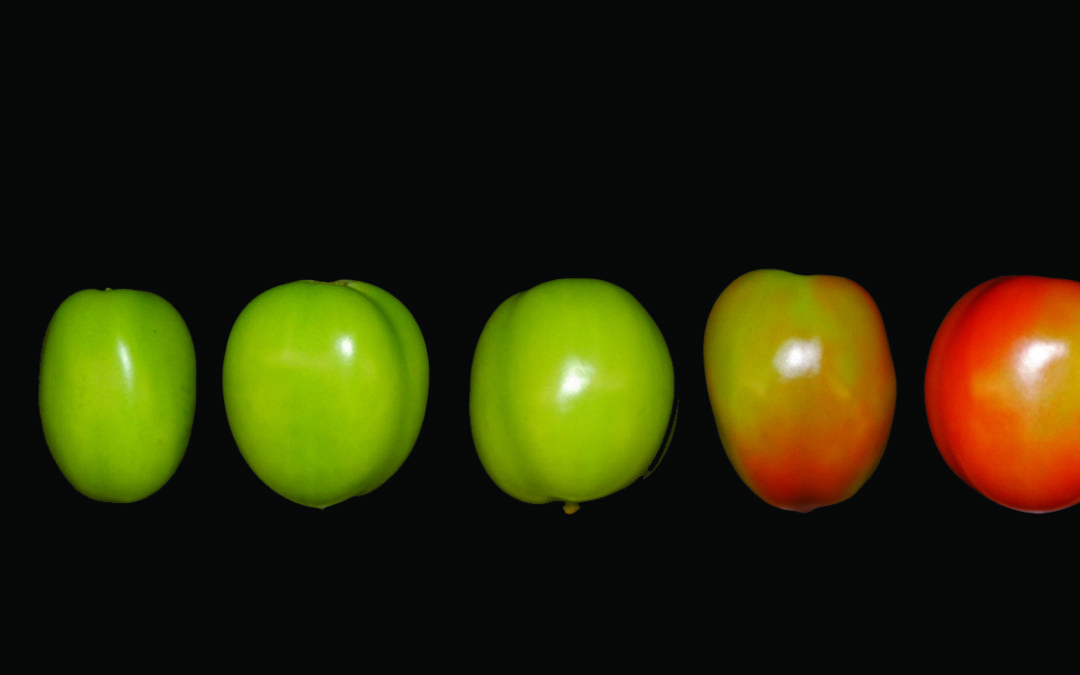
Researchers at BTI, Cornell and USDA published a spatiotemporal map of gene expression across all tissues and developmental stages of the tomato fruit – the genetic information underlying how a fruit changes from inside to out as it ripens. Their data is available in the new Tomato Expression Atlas (TEA).
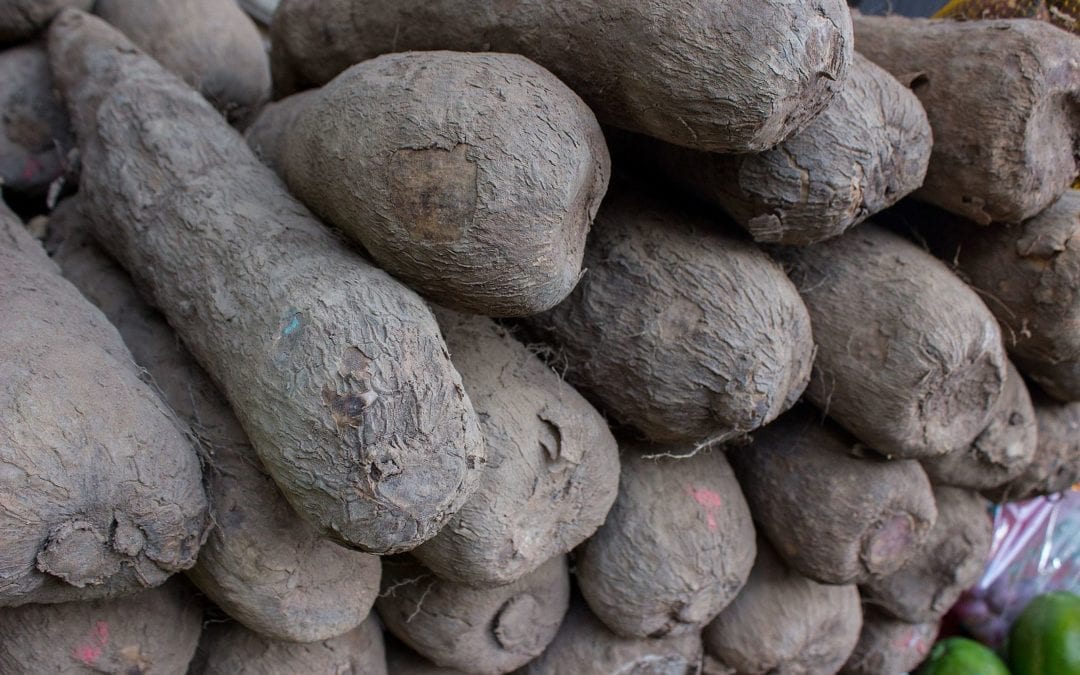
More than 70 participants joined in on the training sessions provided by members of BTI’s Mueller Lab, October-December 2017.
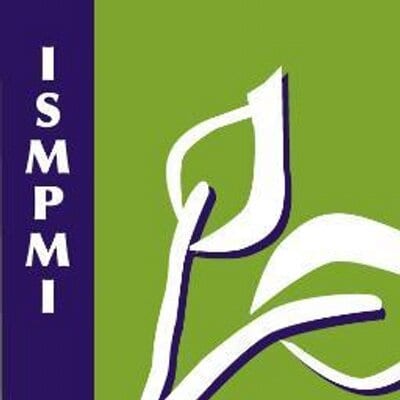
In this IS-MPMI’s interview with Kevin Cope (University of Wisconsin-Madison), Maria Harrison discusses her research on arbuscular mycorrhizal fungi and provides advice to young scientists entering the field.

BTI’s Harrison lab will develop Medicago truncatula mutants to identify the function of genes predicted to be important in nitrogen fixation in legumes.

“By working together, we can have much greater impact and help train breeders in the latest and most efficient techniques,” according to Liz Jones, GOBII Director.
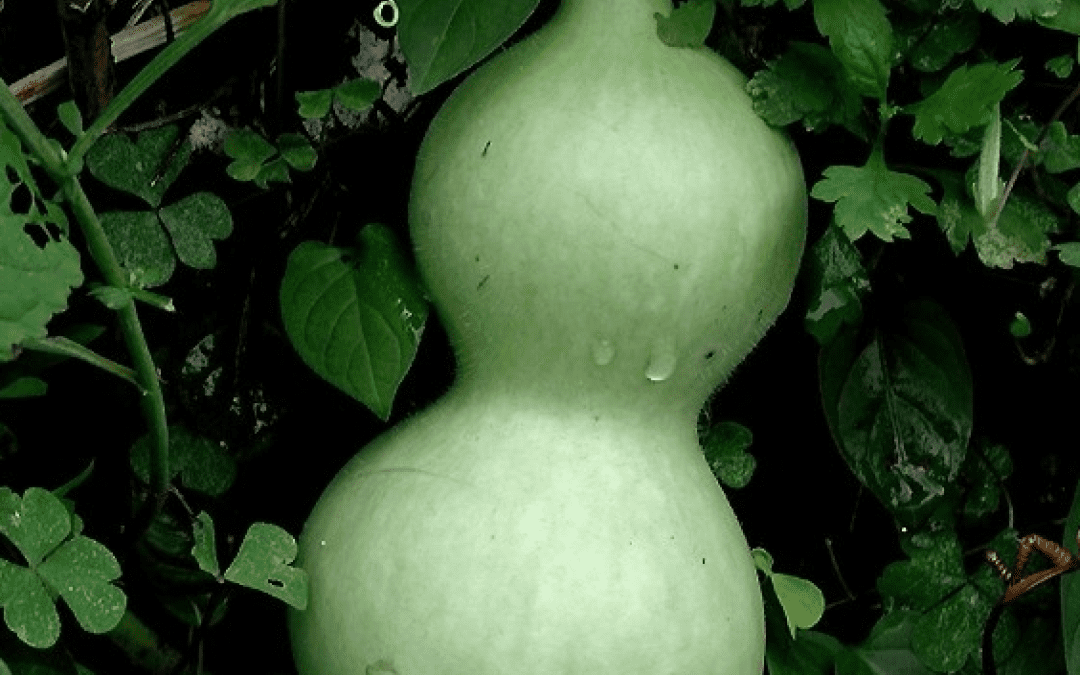
In their findings, researchers compared the sequenced bottle gourd genome to those of other cucurbit species, allowing them to reconstruct the ancient genomic history of the Cucurbitaceae family.

The BTI Alumni Recognition Program celebrates the success of outstanding BTI Alumni and recognizes the foundation that their BTI experiences provided.

For some, pumpkins conjure carved Halloween decorations, but for many people around the world, these gourds provide nutrition. Scientists at Boyce Thompson Institute (BTI) and the National Engineering Research Center for Vegetables in Beijing have sequenced the genomes of two important pumpkin species, Cucurbita maxima and Cucurbita moschata.

Edward “Ted” Buckley, a retired faculty member at the Boyce Thompson Institute, passed away October 21, 2017 at the age of 86.
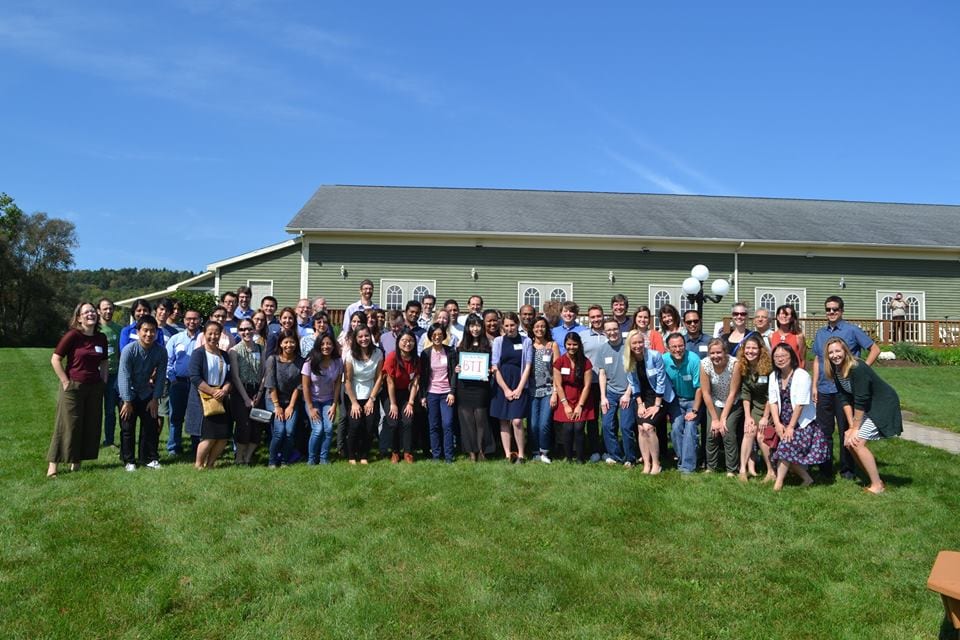
Organized by BTI’s Postgraduate Society (PGS), BTI’s 2017 Symposium featured a jam-packed program with representation from more than 10 BTI research groups and affiliated projects.

Cornell will receive close to $9.4 million over five years to establish the Cornell Myalgic Encephalomyelitis/Chronic Fatigue Syndrome Collaborative Research Center, which will span Cornell’s Ithaca campus, Weill Cornell Medicine, Ithaca College, the Boyce Thompson Institute [Schroeder Lab], the Workwell Foundation, EVMED Research, the SOLVE ME/CFS Initiative and private ME/CFS medical practices.
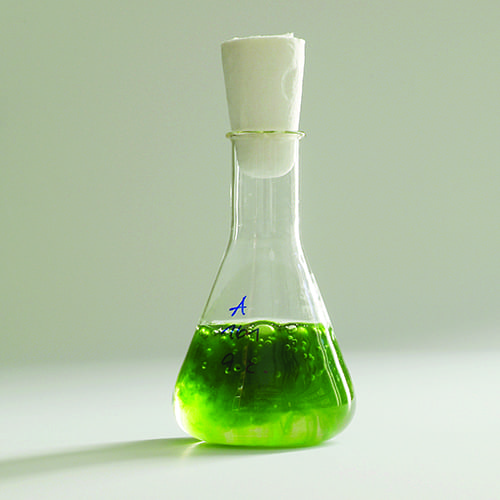
This week, researchers from Boyce Thompson Institute and Texas A&M University report in Plant Direct exciting new technology that may revolutionize the search for the perfect algal strain: Algal droplet bioreactors on a chip.
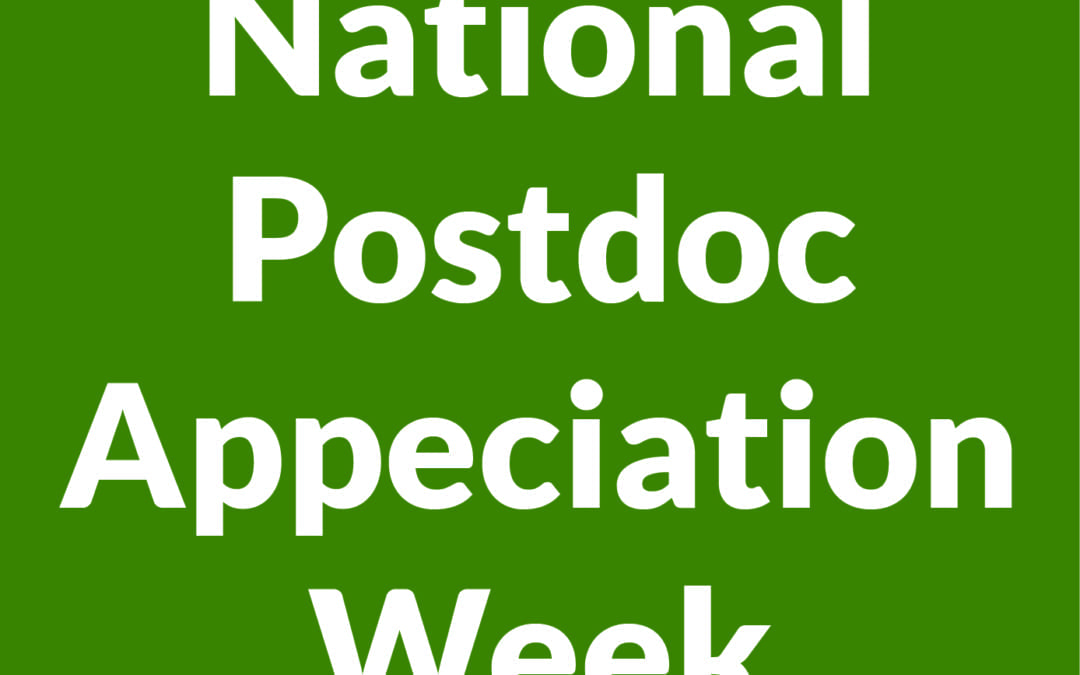
To recognize and thank postdoc researchers, BTI will join institutions around the globe in celebrating this year’s National Postdoc Appreciation Week (September 18th – 22nd, 2017).
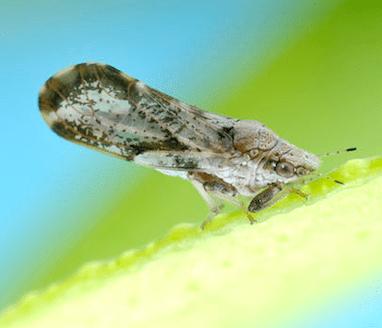
BTI’s Mueller and Heck Labs, in collaboration with 21 partner institutions, recently published a draft assembly and annotation of the D. citri genome.
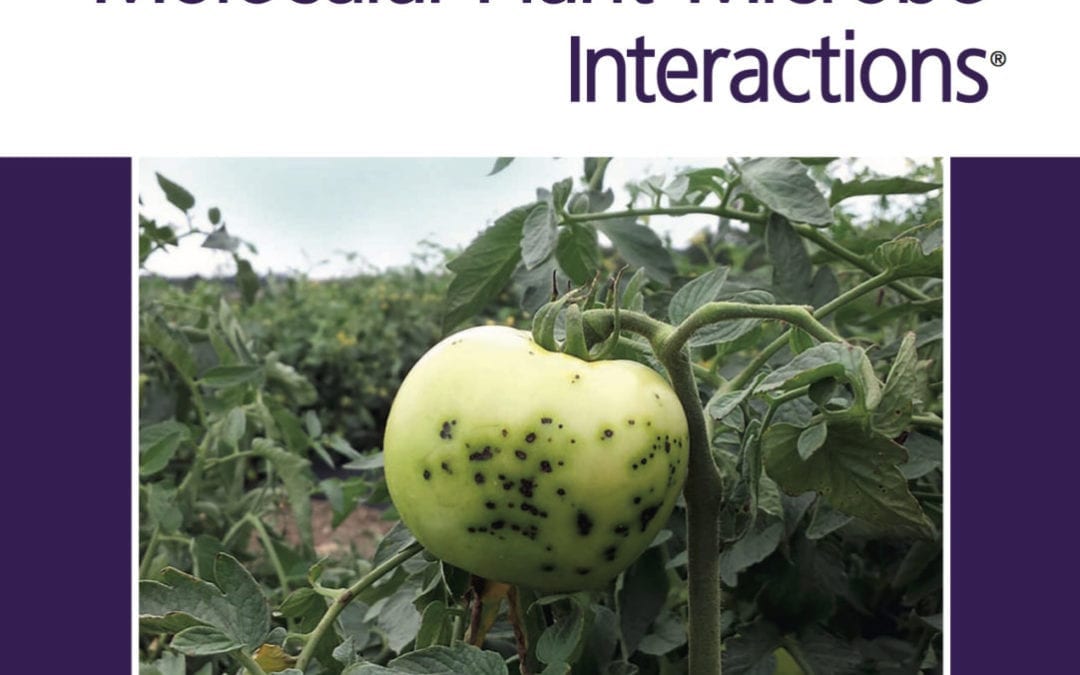
This month, the cover of Molecular Plant-Microbe Interactions features a publication by Simon Schwizer from the Martin Lab at BTI that furthers our understanding of how tomatoes are able to resist infection by Pseudomonas syringae, the causal agent of bacterial speck, a common disease in upstate NY.
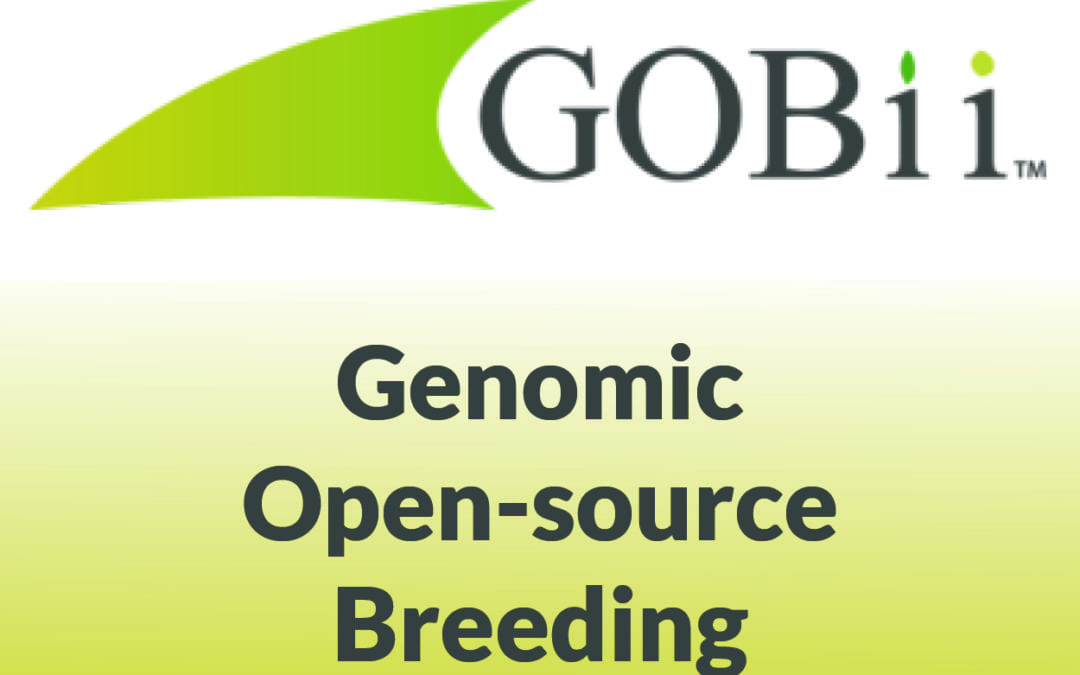
With open-source software, GOBII plans to provide organizations in the developing world with the computational infrastructure needed for efficient breeding.
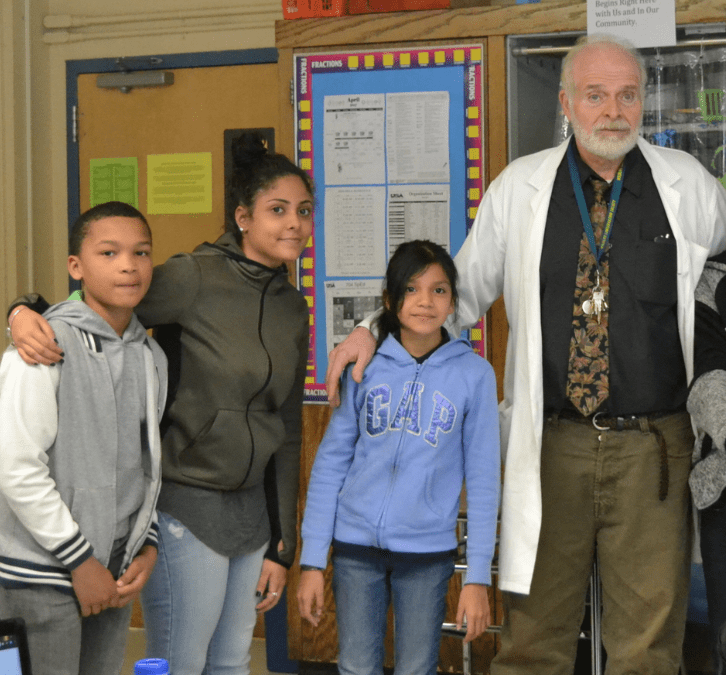
Joe Macchia, a science teacher at the Urban Science Academy in Bronx, NY, uses BTI teaching kits to engage his students in hands-on science.
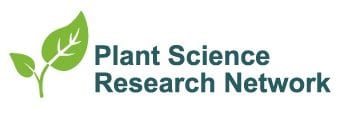
On September 19, 2017, the Plant Science Research Network (PSRN) will convene an in-person meeting using the scenarios as a tool to understand the challenges that plant science trainees face today. Apply by August 18 to join them!
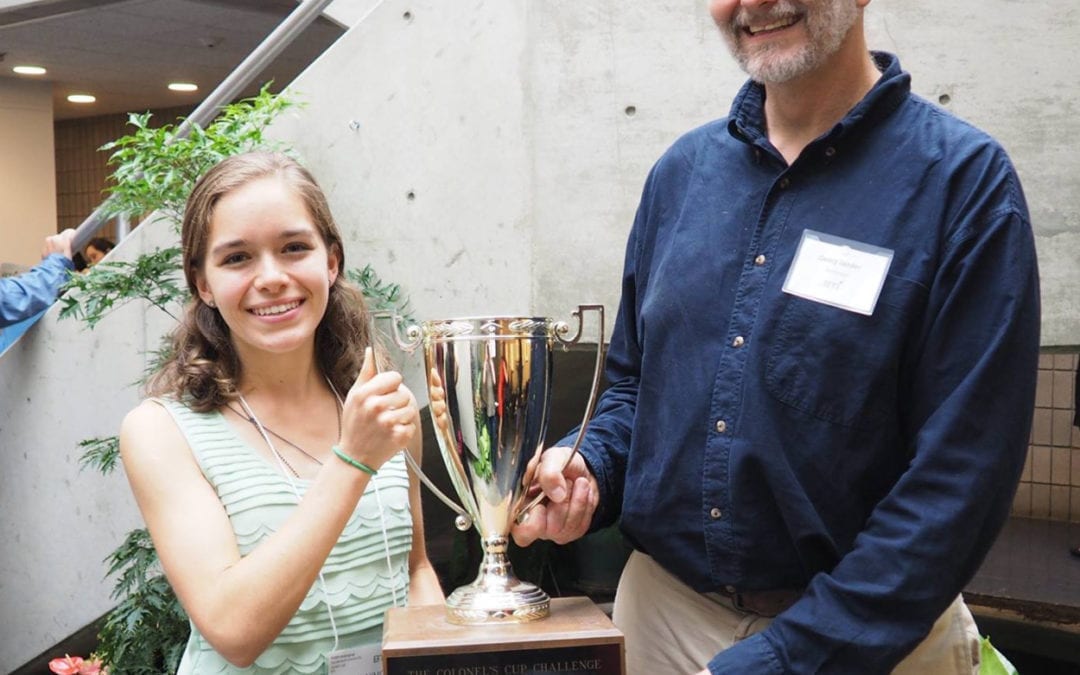
Now in its 16th year, BTI’s annual PGRP symposium provides a means for student interns to to present their findings in a professional, engaging setting.
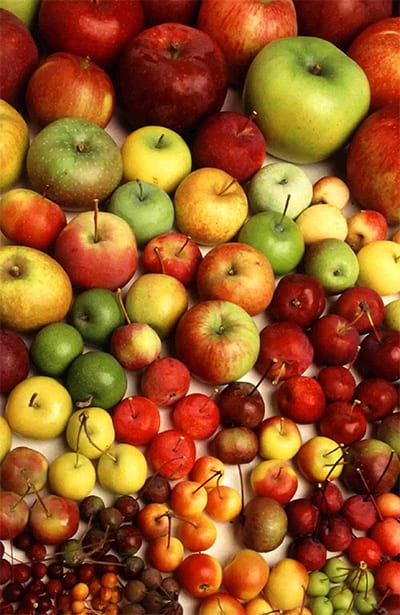
New research out of Boyce Thompson Institute reveals surprising insights into the genetic exchange along the Silk Road that brought us the modern apple.
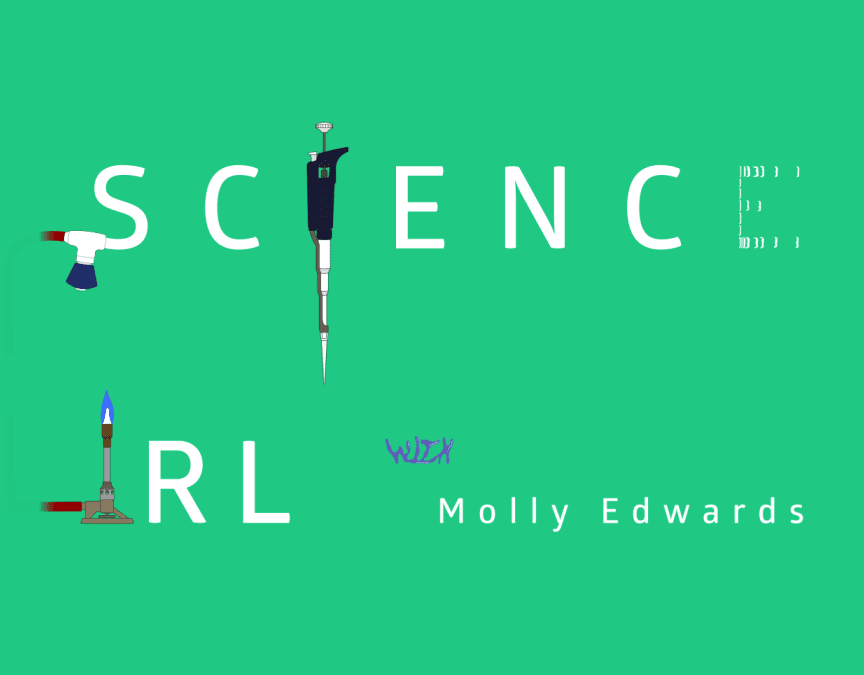
Follow Science In Real Life (IRL) as they head to the Van Eck Lab and demystify GMOs by showing how they’re made in the lab.
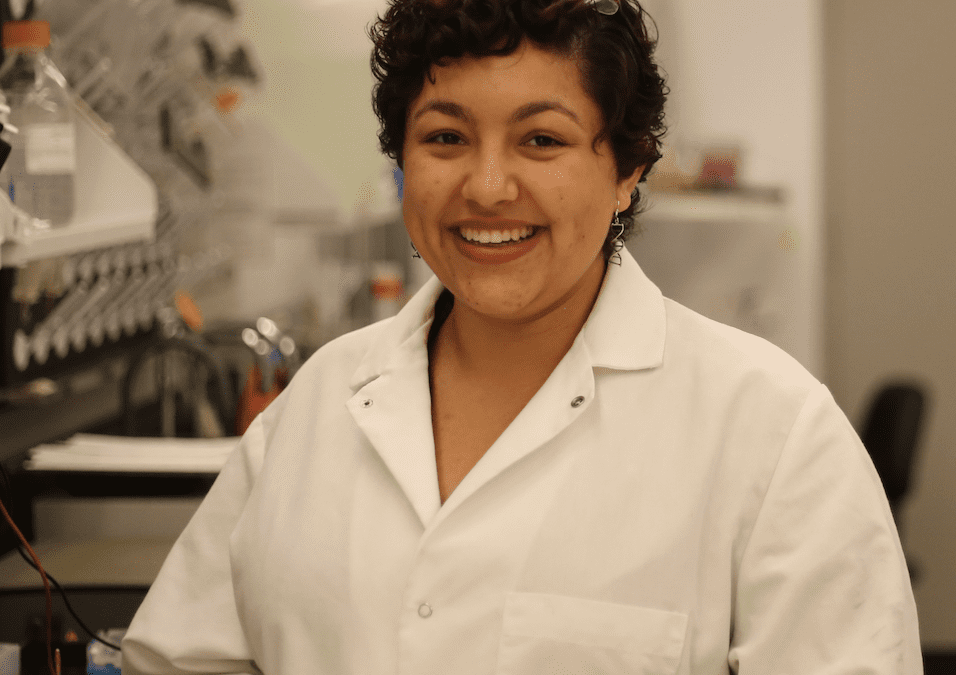
Natalie explains how having a mentor and interning at BTI has given her a new perspective on where to plant her professional roots.

The research project, titled Viruses and Insects as Plant Enhancement Resources (VIPER), is supported by the Defense Advanced Research Projects Agency (DARPA) Insect Allies program.

Klaus Apel, former professor at the Boyce Thompson Institute, passed away on June 30th at the age of 74.
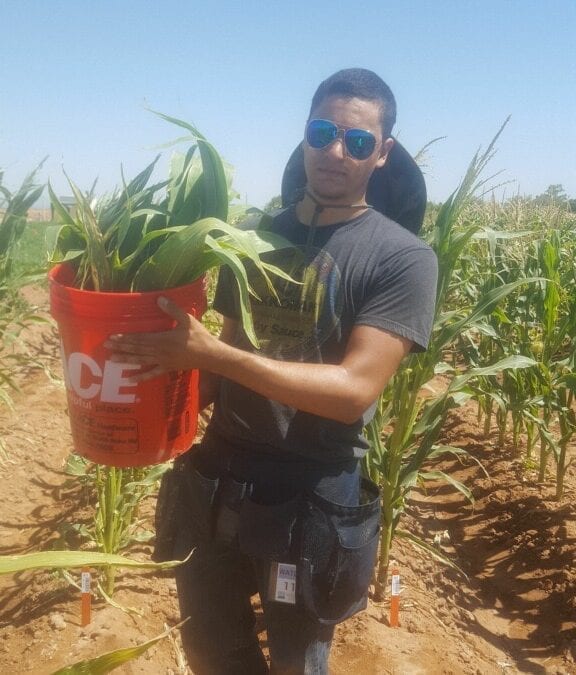
Michael Miller spent his first two weeks as a PGRP intern at the United States Department of Agriculture’s Arid Land Research Center.
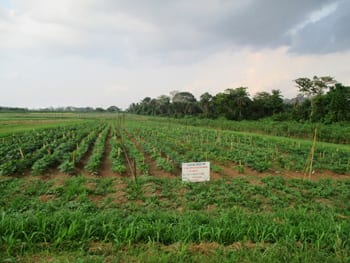
During June and July at BTI, visiting scholars from crop breeding programs in Nigeria, Nairobi, and Uganda have been working closely with researchers in Lukas Mueller’s group to discuss ways to improve the development of online resources related to two of Africa’s most important staple crops: cassava and banana.
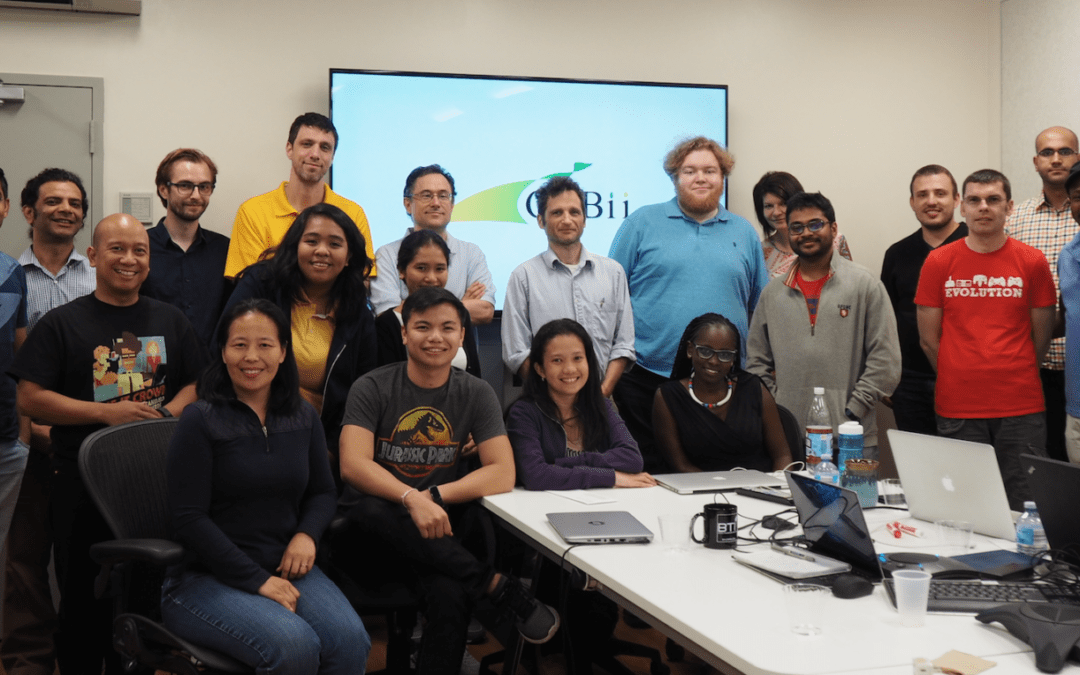
The GOBII project’s annual hackathon united 25 software developers, bioinformaticians, computational biologists, and application specialists on a week-long mission.

BTI’s Georg Jander is leading one of eight research groups selected to receive awards through the Enabling Discovery through Genomic Tools (EDGE) program, overseen by the National Science Foundation’s (NSF’s) Biological Science Directorate.